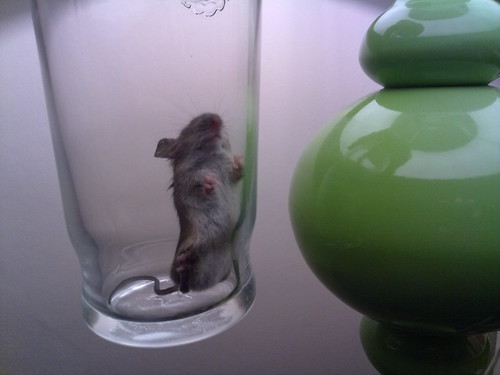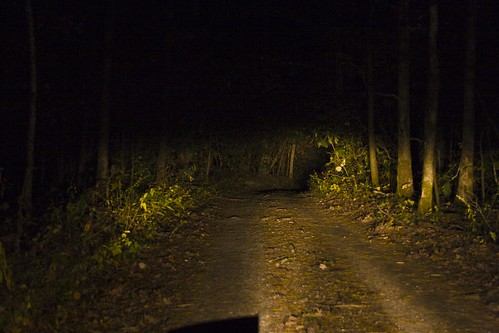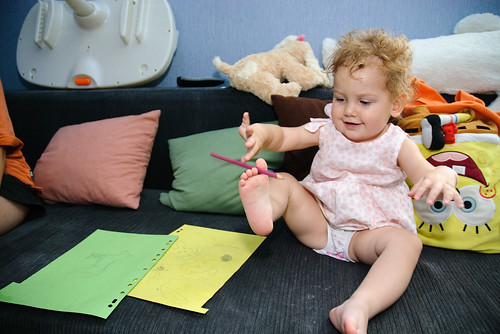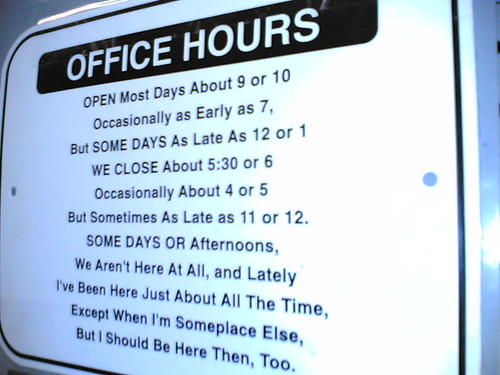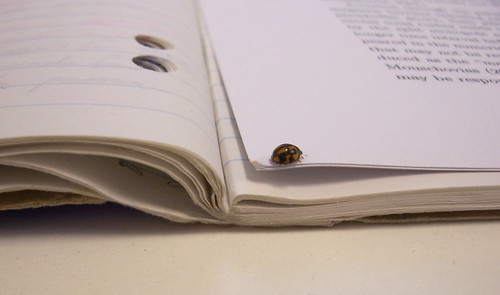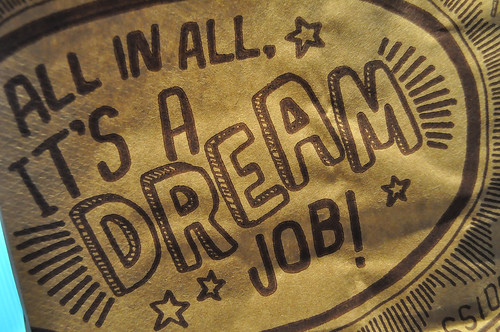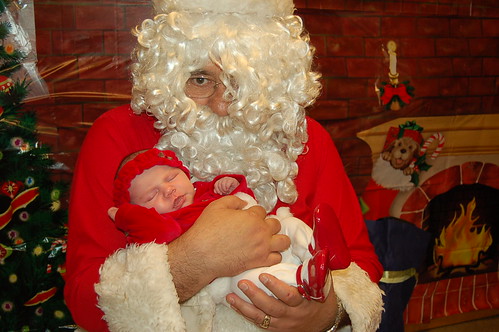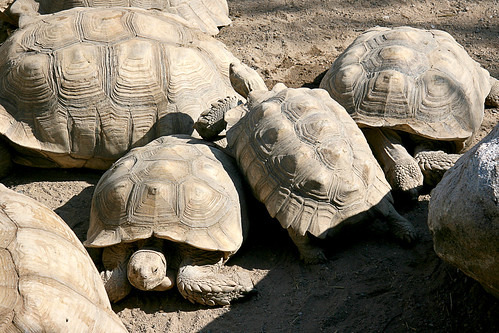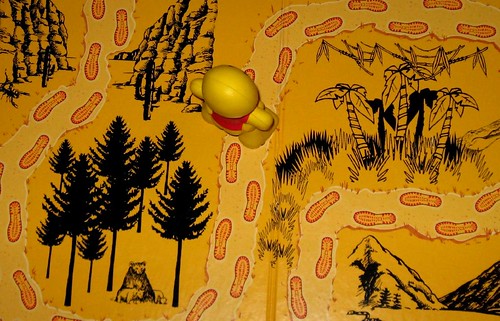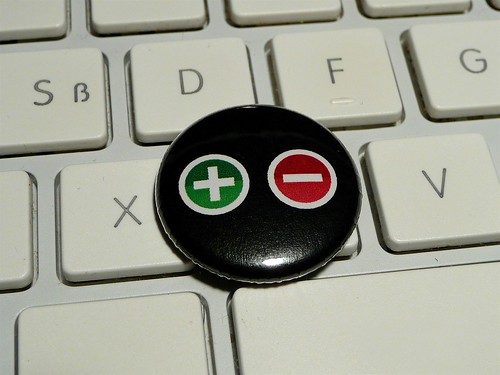by Anne Lamott.
This is so not your usual book on how to be a writer, but I did find it enormously encouraging. (Don’t take my word for it, read it yourself. Really.)
For example, that feeling you get when you finish your first draft (at last! hurrah!) and then look back and realise it’s so bad you now live in terror of dying before you can fix it, because people might think you honourably disembowelled yourself from the shame of producing such putridity.
In short, Anne Lamott says it’s ok to be pathologically self-doubting and insecure as a writer. She even suggests that this is quite common among writers, along with such traits as hypochondria and melodramatic tendencies. (Moi?)
She’s witty and funny and erudite and casually well-read (“I scuttled across the screen like Prufrock’s crab”) and really easy to read.
Most of all, she is encouraging.
The flailing first draft, she says is “the child’s draft… let it romp all over the place”.
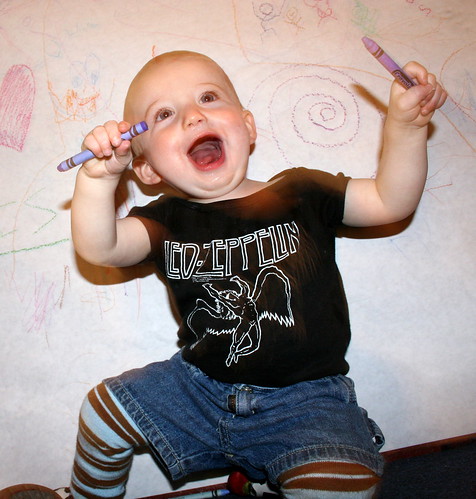
No-one will see it. Unless you die before the rewrite. (Try to avoid this.)
And as for all the shouting and hissing in your head (not the characters, but the voice Julia Cameron identifies as the Censor), Anne Lamott recognises this can be more than one voice. And here’s what she suggests you do with them:
That’s right.
Shrink them down to mouse size and plunk them in a jar. Let them squeak as much as they please in there – you’re not listening.
Another interesting suggestion: “write a book back to V.S. Naipaul or Margaret Atwood or Wendell Berry or whoever it is who most made you want to write, whose work you most love to read. Make it as good as you can.”
Who would that be for you? On the most-love-to-read side for me would be perhaps P.G. Wodehouse, Agatha Christie and Terry Pratchett. (Sir, Dame & Sir. What does that tell you?)
Have you ever experienced that anguished jealous ache of reading the perfect sentence and not having written it? Who did?
Crucially for those of us who frequently enjoy the writing less than the having written, Lamott points out that you do actually have to want to write – wanting to be published is not going to cut it. (Publication is not the answer, whatever the question of your life.)
Perseverance is tremendously important: “God is not a short-order cook”. She quotes E.L Doctorow: “writing a novel is like driving a car at night. You can see only as far as your headlights, but you can make the whole trip that way.”
I wondered a while back whether each step we take, momentous as it may seem, is only to pull us up to where we can take the next.
I wonder it now more than ever.
I wonder what’s just beyond the headlights.
[Disclaimer: once again, I borrowed this book from the library – nobody paid me and I paid nobody. I consider this makes me a maximally unbiased reviewer. Others may differ.]

